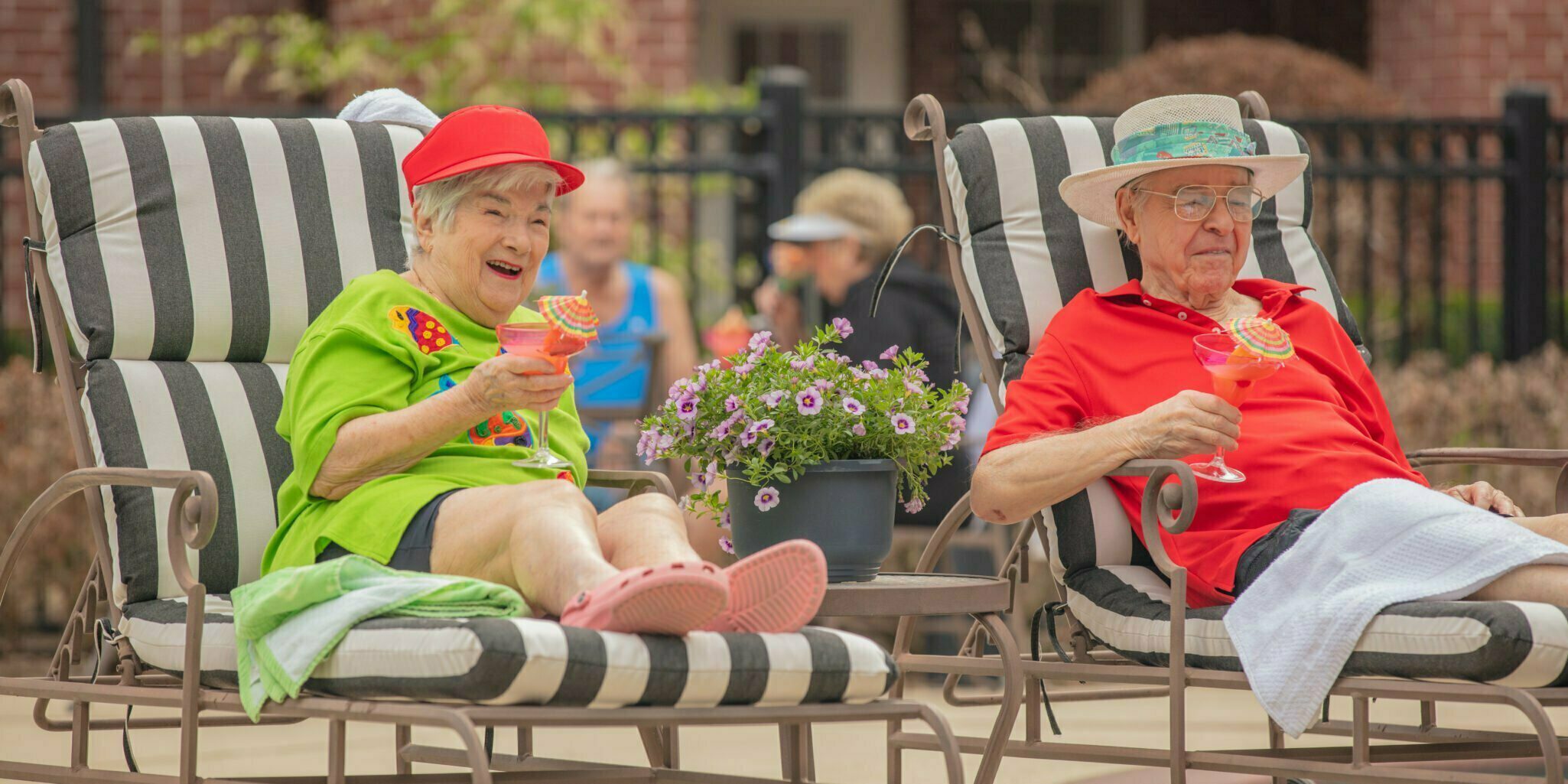
6 Signs of Caregiver Burnout and How to Avoid It
A great deal of time, energy, patience, and selflessness is required to care for loved ones with Alzheimer’s and other forms of dementia. The mental, physical and emotional strain caregivers endure is nothing short of heroic. And while caring for a parent or loved one with dementia is in our nature and what we often feel compelled to do, the psychological and physical stress accompanying it commonly leads to caregiver burnout. A 2018 study found that four in 10 caregivers experienced depression, mood swings and resentment as a result of their labor of love. Only by knowing the signs of caregiver burnout can you do your best to avoid it and stay healthy, which is crucial for you and your loved ones.
1. Lack of Energy
Feeling increasingly worn down is one of the first signs of caregiver burnout. Prolonged fatigue, both physical and mental, can have dangerous health effects if not addressed.
2. Anger, Frustration and Irritability
In stressful situations, it’s only natural to feel frustration and even anger. Beyond these automatic emotions, a telltale sign of caregiver burnout is when you feel increasingly irritated over small or common mishaps.
3. Losing Interest in Things You Once Enjoyed
Losing passion for things you once loved is not only a sign of caregiver burnout; it’s also a symptom of depression and should be treated as all other mental conditions.
4. Neglecting Your Own Physical and Emotional Needs
In their selflessness, many caregivers forget that their needs are as important as their loved one’s with dementia. If caregiving duties are disrupting your regular routine, it’s time to consider alternatives to avoid and face the fact that you’re very likely struggling with burnout.
5. Feeling Like Caregiving is Controlling Your Life
For many, caring for a parent or loved one becomes their whole world. They want to ensure the person with dementia has everything they need to live as fully as possible, often at their own expense. Over time, they realize they’ve neglected other parts of their life that bring them fulfillment.
6. Negative Changes in Appetite or Sleep Patterns
Loss of appetite is one of the caregiver burnout symptoms that many people tend to ignore that can have long-term, negative health consequences. They think if they’re not hungry, they don’t need to eat. Likewise, difficulty falling asleep or staying asleep is a sure sign of the stress related to caregiving, and can seriously impact your overall mental, emotional and physical health.
Avoiding Caregiver Burnout

Now that you’re more equipped to recognize the signs of caregiver burnout, you can be more proactive in taking the steps to avoid it.
Ask for Help
During particularly challenging times of caregiving, lean on your friends and family for assistance. Try scheduling one day or even an afternoon with another trusted person who can take on caregiving duties. Many caregivers find incredible value in joining support groups – both to vent their frustrations and to share ideas on caregiving. There are also a large number of online resources to help you cope with caregiver burnout, such as the Community Resource Finder provided by AARP. In fact, AARP understands the impact caregiving has on our population. Leading to caregiver burnout quotes to inspire and encourage .
Focus on You
It’s essential to give yourself grace as a caregiver. Allowing yourself to take breaks, take a walk, visit with friends. Setting aside time for yourself is one of the best things you can do to avoid burnout. Tending to your physical health is also paramount. Maintaining a healthy diet, drinking plenty of water, and getting the appropriate amount of sleep are all closely connected to your mental and emotional health. If you have trouble maintaining a healthy routine, set goals for yourself, such as sleeping a certain number of hours each night, preparing healthy meals each week or exercising at least twice per week.
Surround Yourself with Positivity
Try your best not to neglect the things in life that bring you joy – or the people who make you happy. As a caregiver, you already have enough on your plate. So attempt to limit the things or people who add negativity. Conversely, use your free time to engage in the things you love, or try out new hobbies that have always interested you. Remember that to be the best caregiver for your parent or loved one with dementia, you yourself have to find what adds light to your life.
The Buckingham Is Here for You
We at The Buckingham know how hard adult children of elderly parents work to make sure their loved ones are happy and healthy for as long as possible. We have the same goal throughout our full continuum of care, whether the level of living is assisted living, memory support, skilled nursing or rehabilitation. If you’re struggling with caregiver burnout and want to learn about our thoughtful, personalized approach to care, contact us through our website or call us anytime at 713-309-6934.

